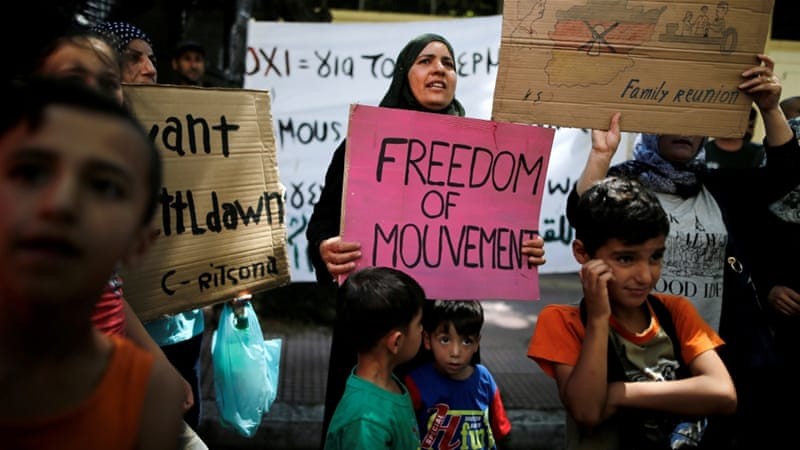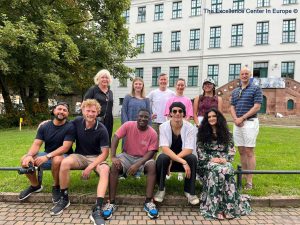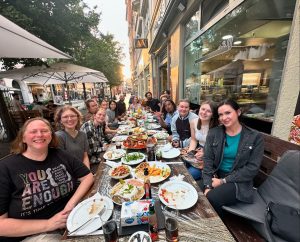As many know, Germany has hosted close to one million refugees over the past five years, mainly from Syria, given the circumstances of the civil war there. Germany, a big economic country, has found refugees a solution to Germany’s demographic problem due to low birth rates. We also know that every refugee anywhere in the world has rights in the country to which he has taken refuge, but what are these rights and how a refugee lives in Germany and what assistance he receives from the State.
Germany is a major economic country and a leader in the European market because of the quality of products produced by German factories, where German products have a good reputation compared to other European products. As the German economy is booming, it also reflects the rights of refugees and the assistance of a large number of refugees living in all parts of Germany compared to other countries such as Italy, Greece and Austria, for example. In this article, we will learn about the most important aid provided by the German government to the refugee, as well as the rights of movement and work in Germany .

The rights of the refugees to travel and work in Germany
The first three months, a refugees are not allowed to travel freerly within Germany but from the fourth month of their stay they can so. This situation can be changed if the family moves to another place of residence or to join the labor market.
In the past, asylum seekers were not allowed to work during the first nine months, and those with what is known as “Duldung” are not entitled to work for one year. Now, this period has been reduced to three months, and there are discussions in the German Parliament to expedite the integration of refugees into the labor market. Here, it must be remembered that finding a job for refugees depends primarily on the non-submission of any German or European citizen to the job.
Right of reunification for refugees in Germany
In the process of family reunification, the type and status of residence granted play a crucial role. In principle, family reunification can not be made for persons whose asylum applications have not been decided, or they have “Duldung“.
Persons who have been recognised as refugees may apply for family reunification within three months from the date they are granted refugee status. There will be fewer requirements for them to allow their family members to join them in Germany. This process is often referred to as “priviligiertem Familienachzug” meaning that they will not need to prove that they can provide income to family members or that they have a flat large enough to bring family members to Germany. In cases of exceptional family reunification, the level of income has no decisive role and will not be assessed.
How the German government helps the refugees?
In the past, refugees were receiving in-kind assistance without funds. But the law was amended and it became different. They began to receive money instead of food stamps and subsidies. The amount they receive is the same amount as the unemployed in the second category.
After applying for asylum in Germany, the applicant is taken to a refugee shelter. Where everyone gets a bed, food and clothes. In addition, the refugee receives a monthly allowance of EUR 143 for the single person. Children receive EUR 85.
After three months, the refugees are transferred to another place of residence at the expense of the official services. Where they receive primary equipment, household items and clothing. Those who do not want it can buy things themselves. A person receives a monthly fee of 359 euros. This amount is the expense and the necessary needs. The refugee is required to provide food and clothing.
In return, the refugee must receive the amount to be paid in exchange for the electricity in cash from the competent department. If more than 15 months have passed since the refugee has been born in Germany or has been recognized as a refugee, he receives € 399 per month.




